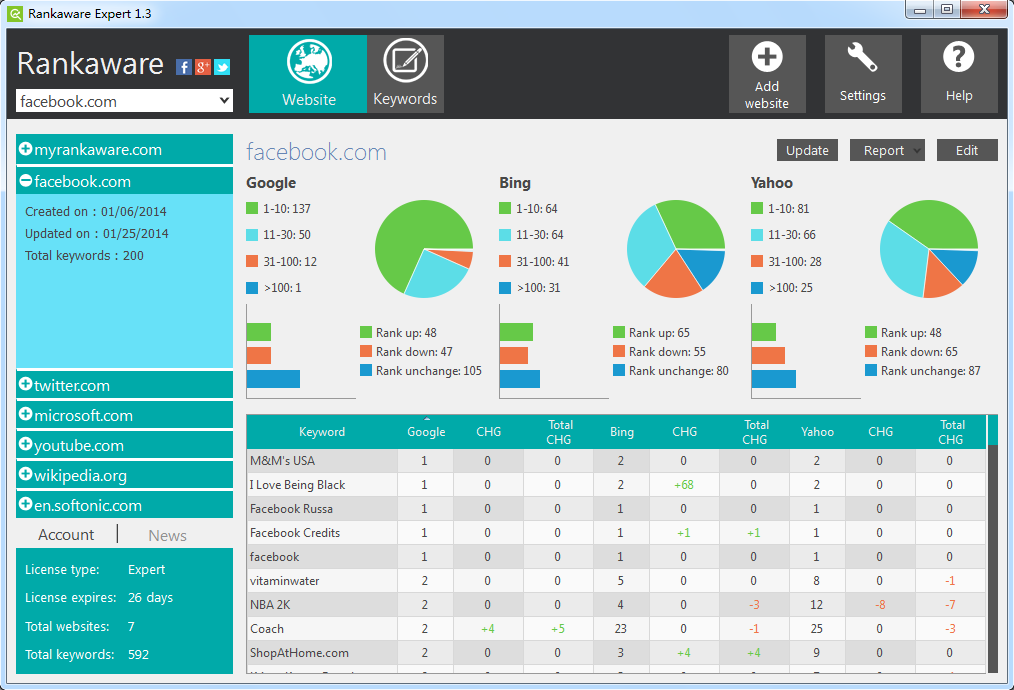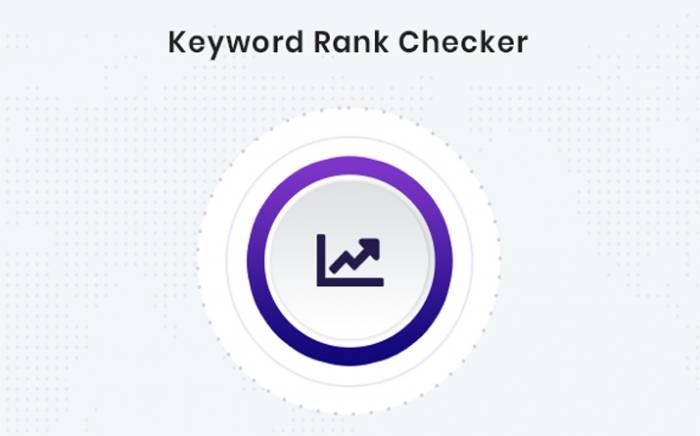
Analyze results – Once you have collected your data, analyze it carefully to determine how well certain pages are performing, and how certain changes may affect those rankings over time. This way, you can make sure your pages stay competitively ranked. Refresh data regularly – Search engines are constantly changing how they rank pages in their results, so it is important that your provider regularly refreshes your keyword tracking data with the latest information. Set up alerts in your SEO platform or point solution to notify you if there are any drastic changes in visibility, e.g., your golden keywords move from page one to page three. Regularly check rankings and alerts – Track keyword rankings regularly so that you can stay up to date with how your pages are performing. If you have terms that historically have not provided value once they got to the top of the first page of Google, then those keywords may not be worth tracking because they did not provide any business value and may be irrelevant. Some brands are tracking millions of keywords, which may not be the best idea since some of these keywords don’t provide any business value – even when you rank at the top of the SERPs for those terms. Integrate with Google Search Console – Rankings are not the best measurement of success, only when they deliver value, i.e., traffic, revenue, sales, and conversions. 
Look for a solution that provides accurate and comprehensive results so you can gain insights into how your keywords are performing in the search engine results pages (SERPs).
Use an accurate tracking tool or platform – When tracking keyword positions, accuracy is key. 
Here are some tips for how to effectively track keyword rankings:

Most agencies and brands track rankings month over month, quarter over quarter, etc.

Keep in mind that rankings tend to fluctuate depending on personalization, what data center you’re hitting, and more.








 0 kommentar(er)
0 kommentar(er)
